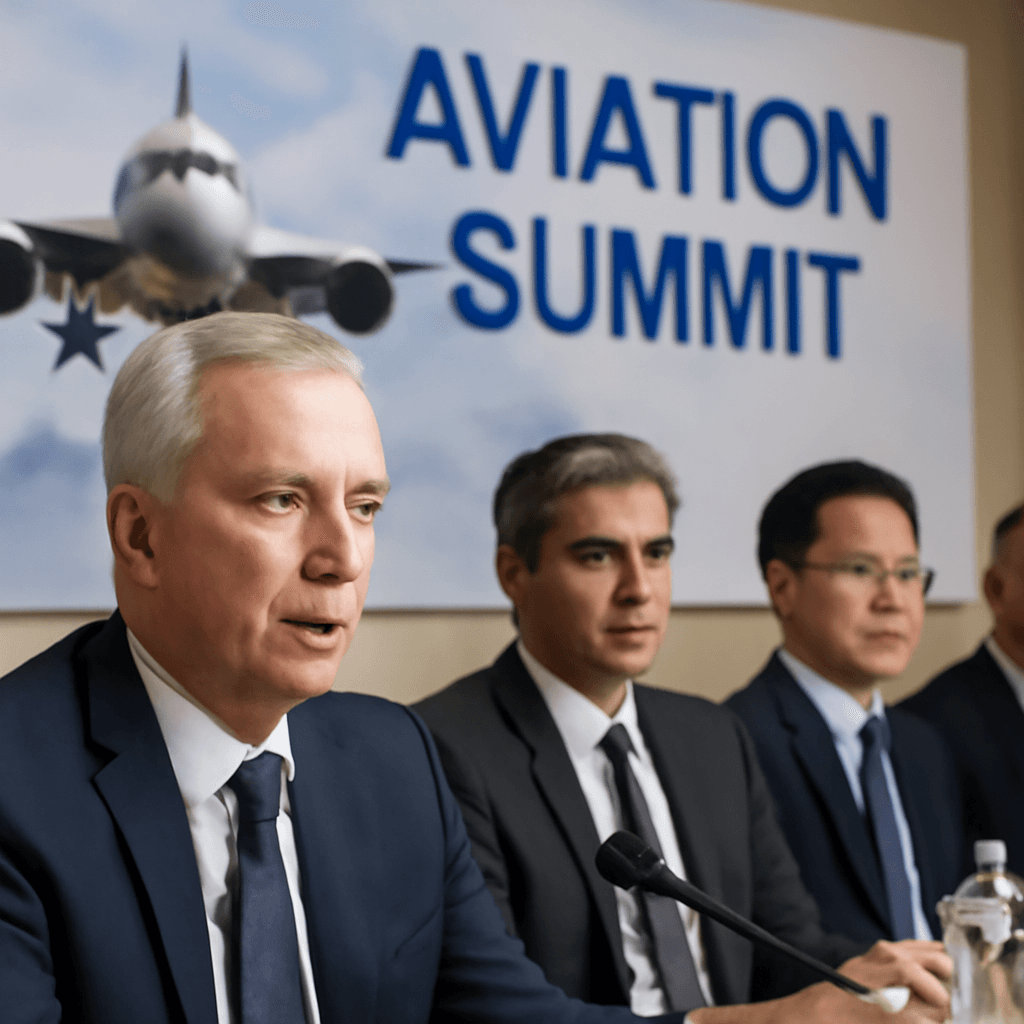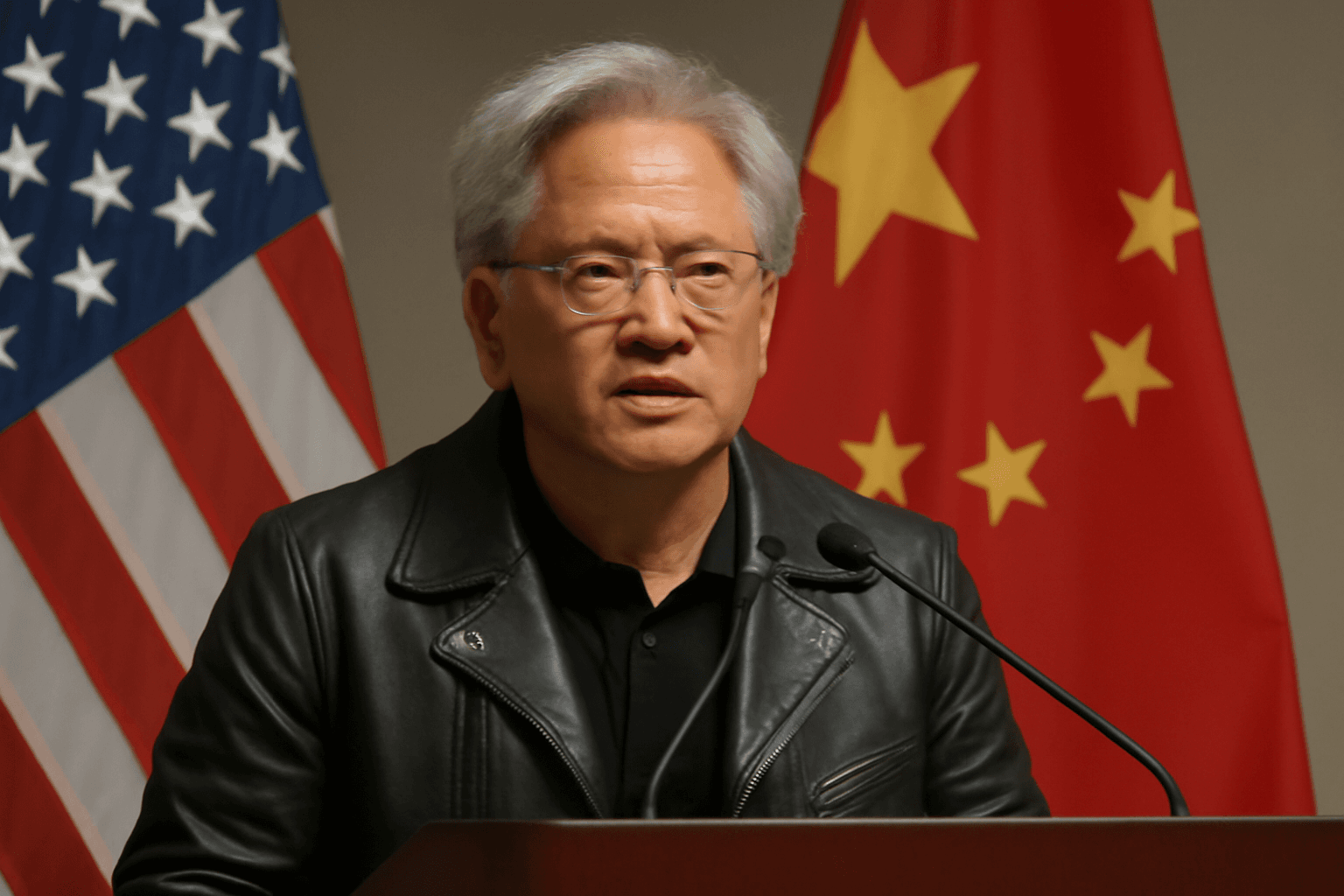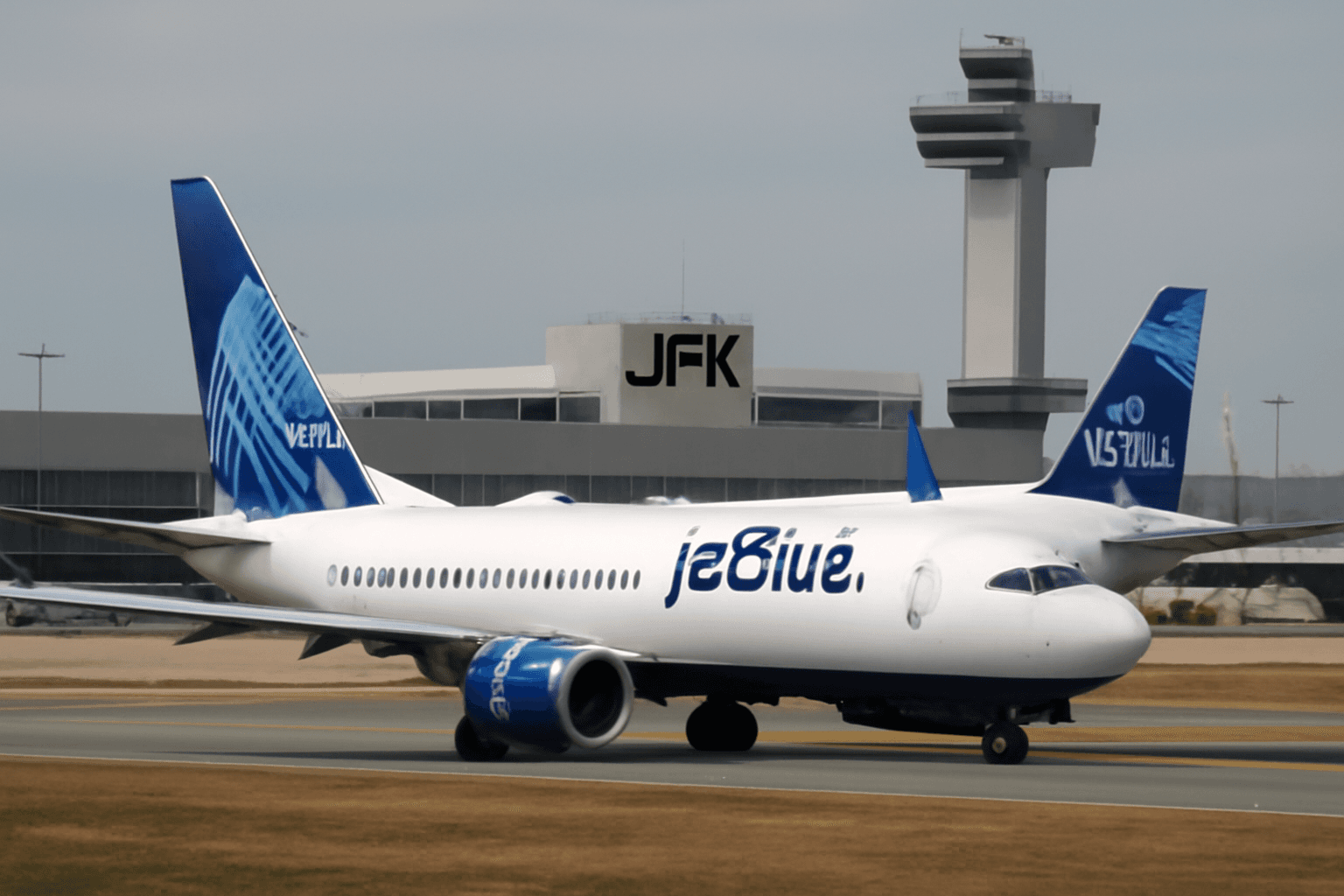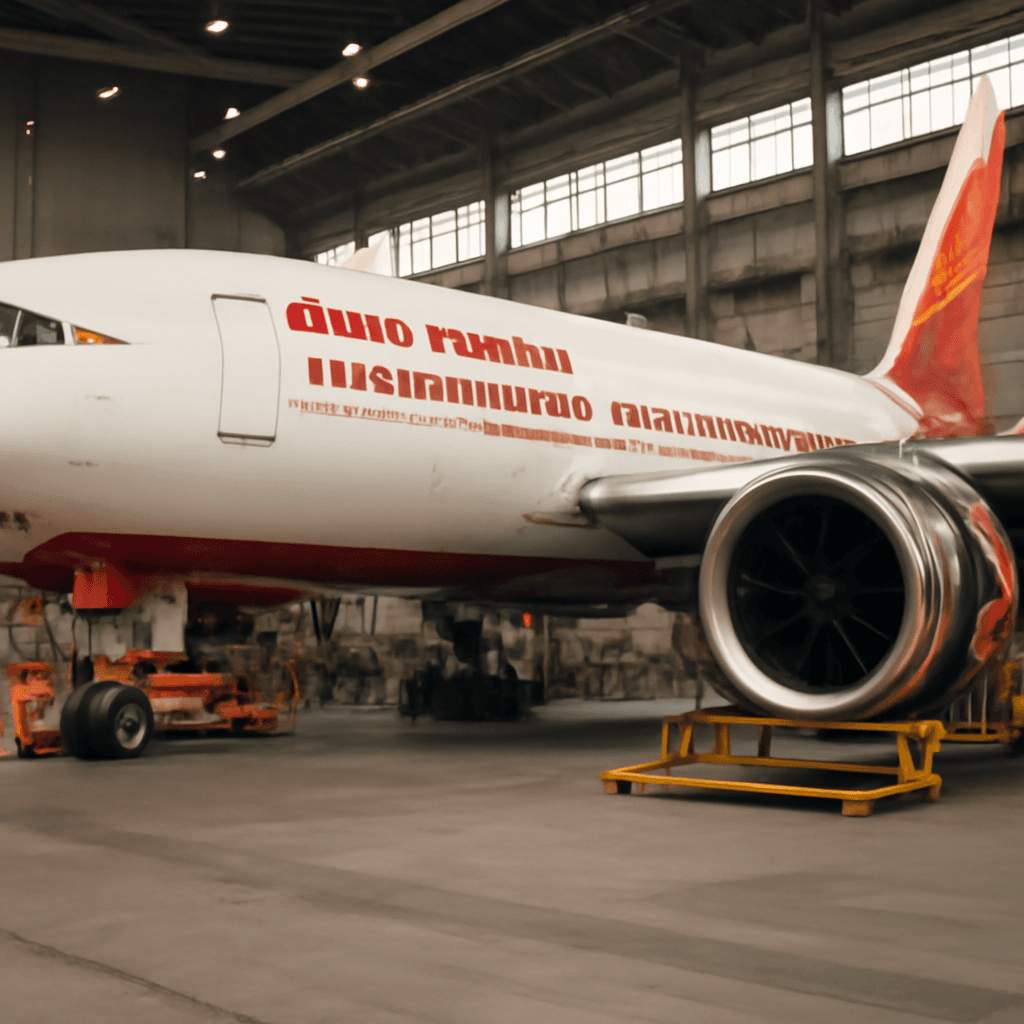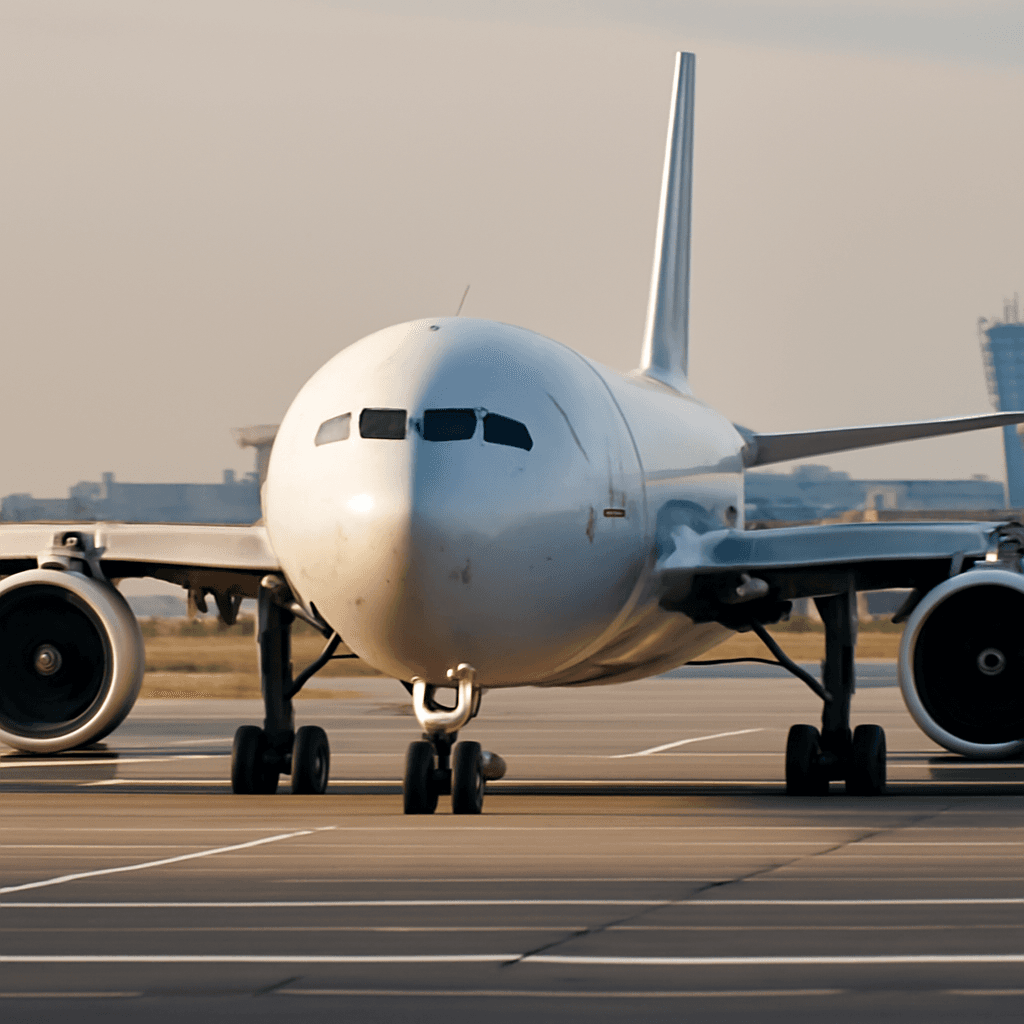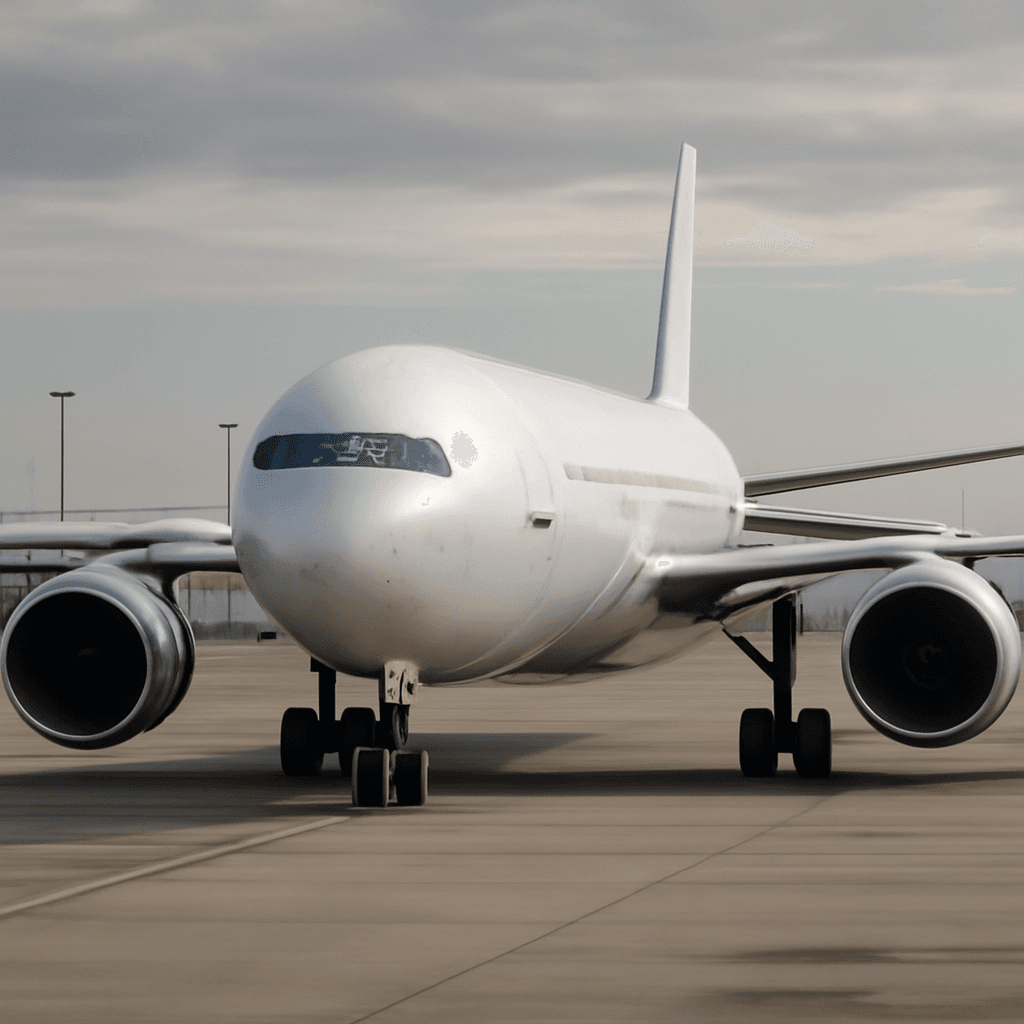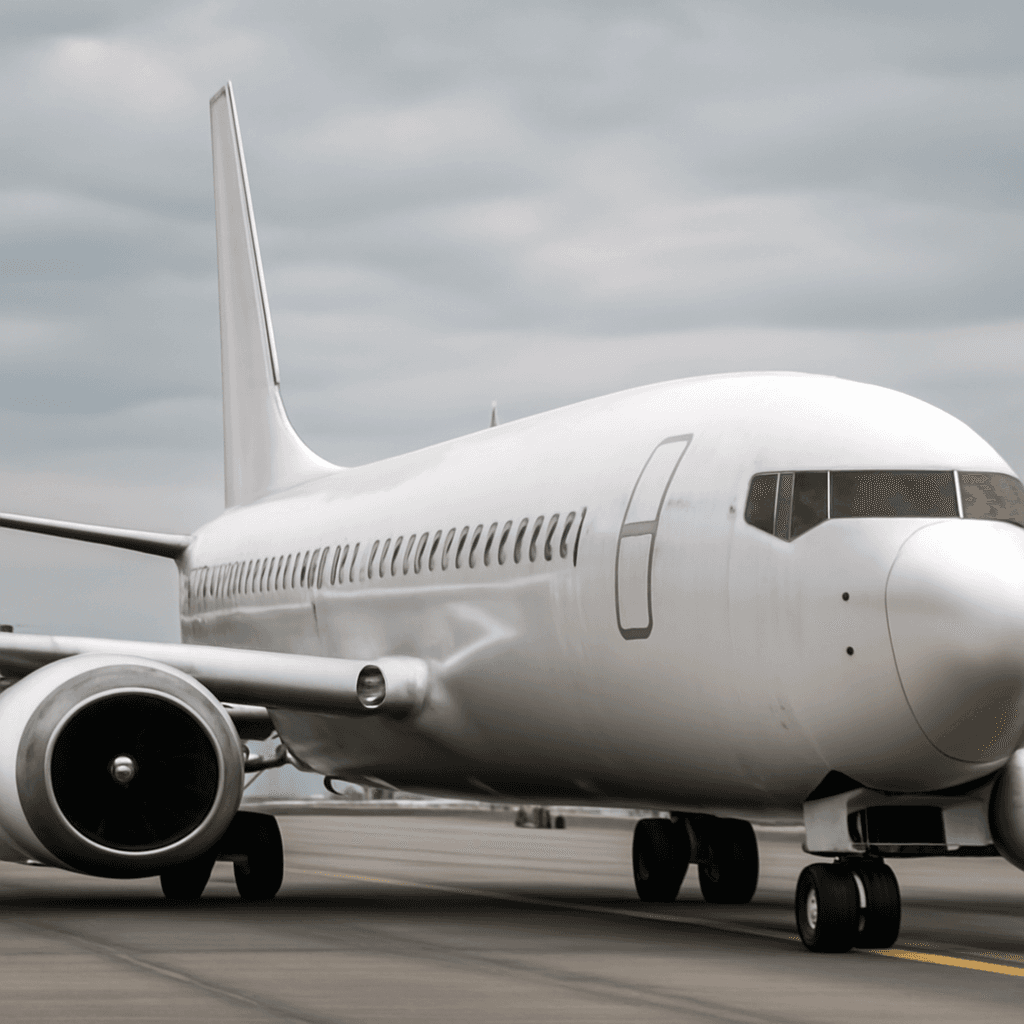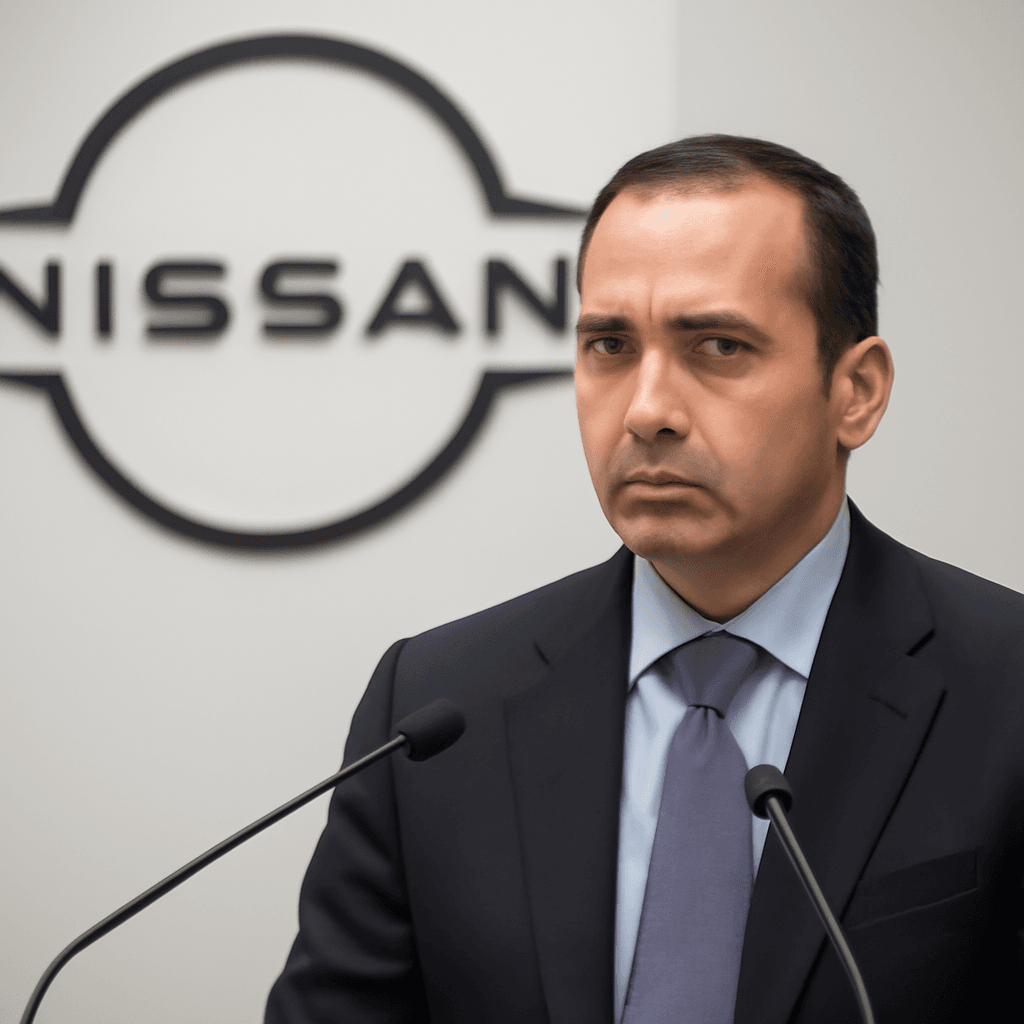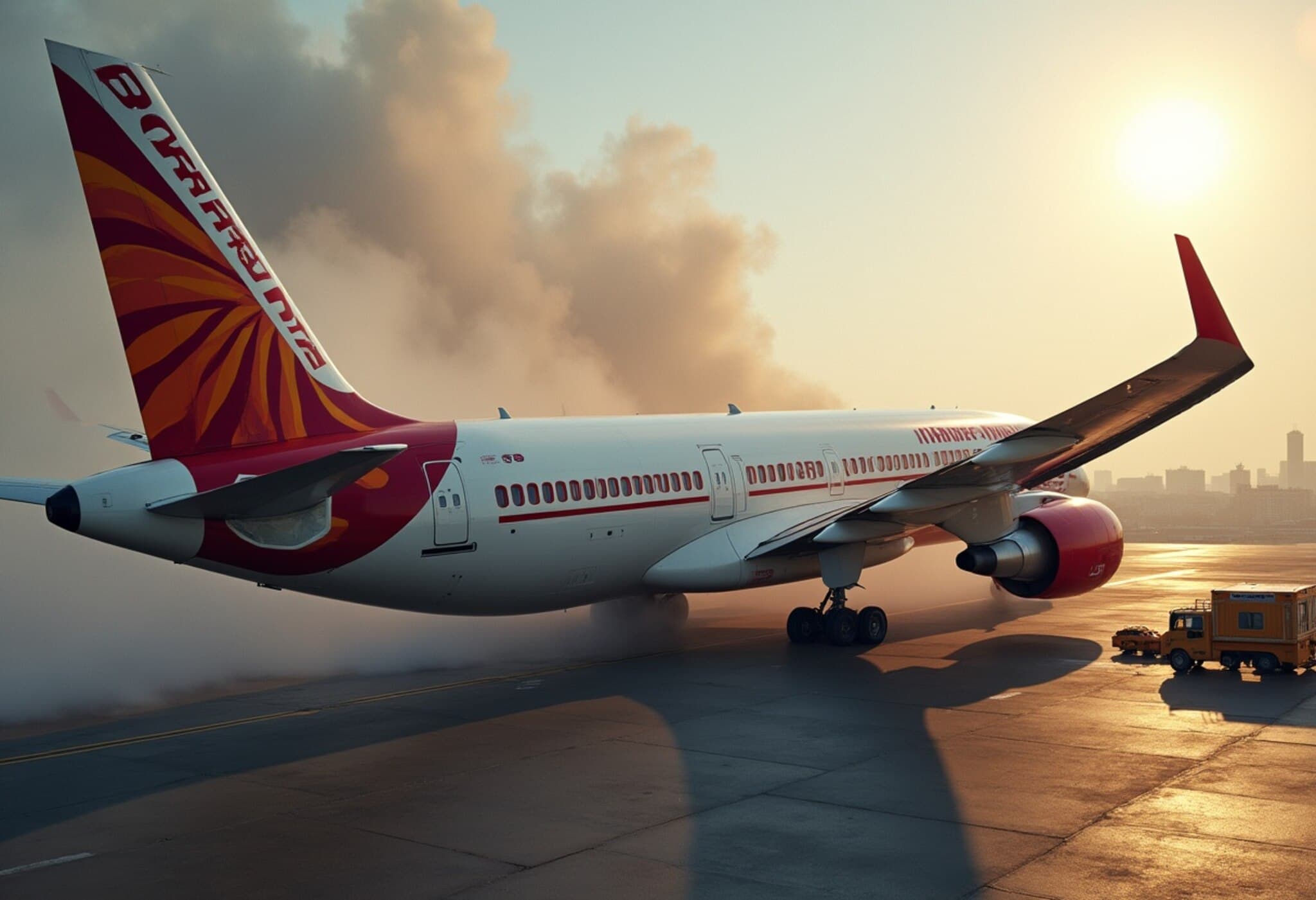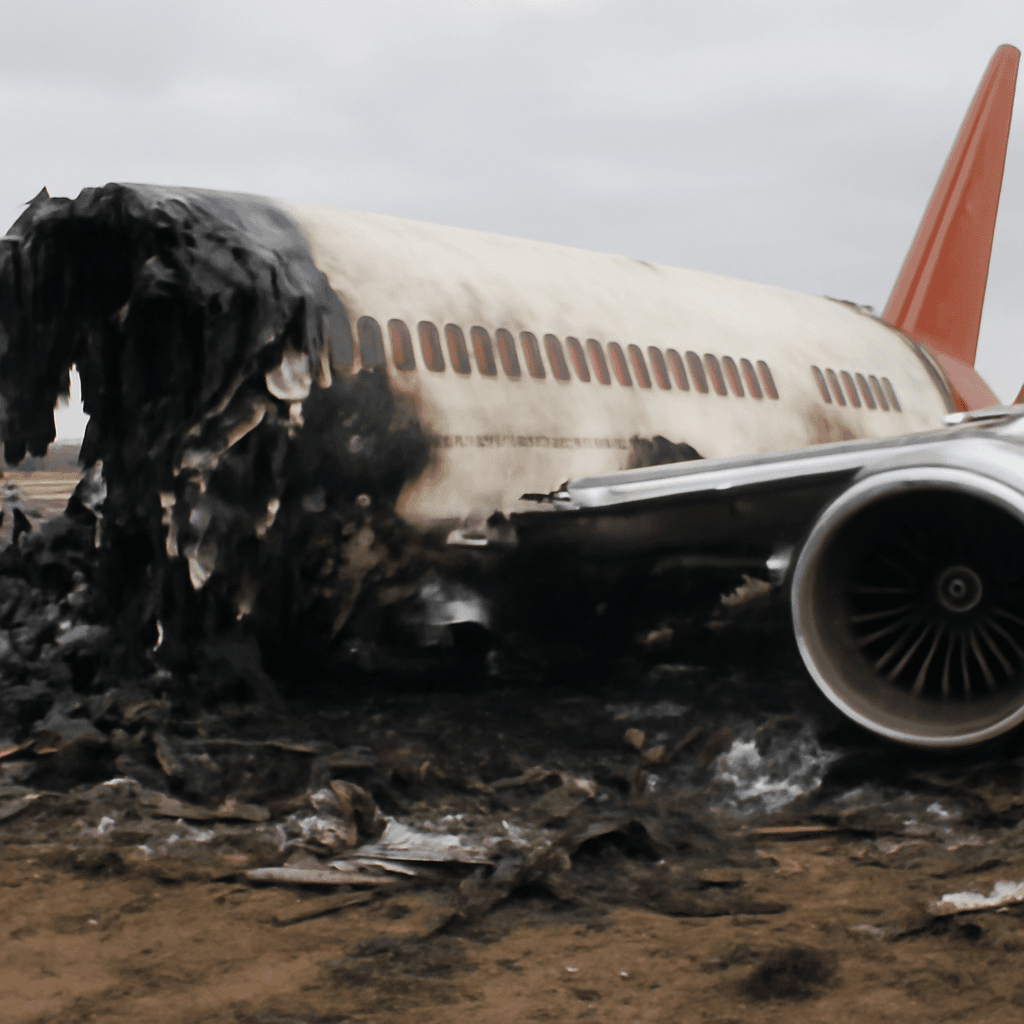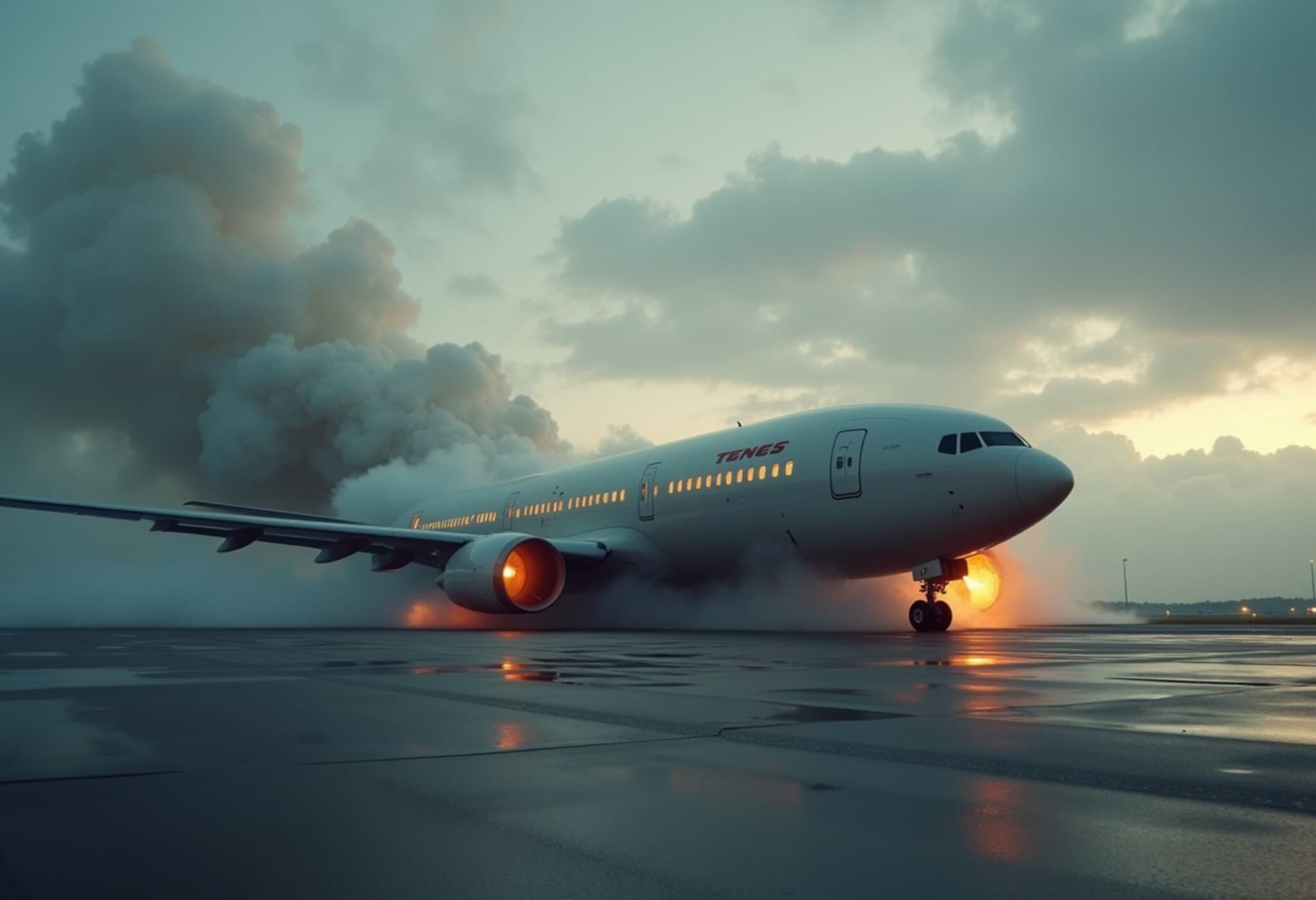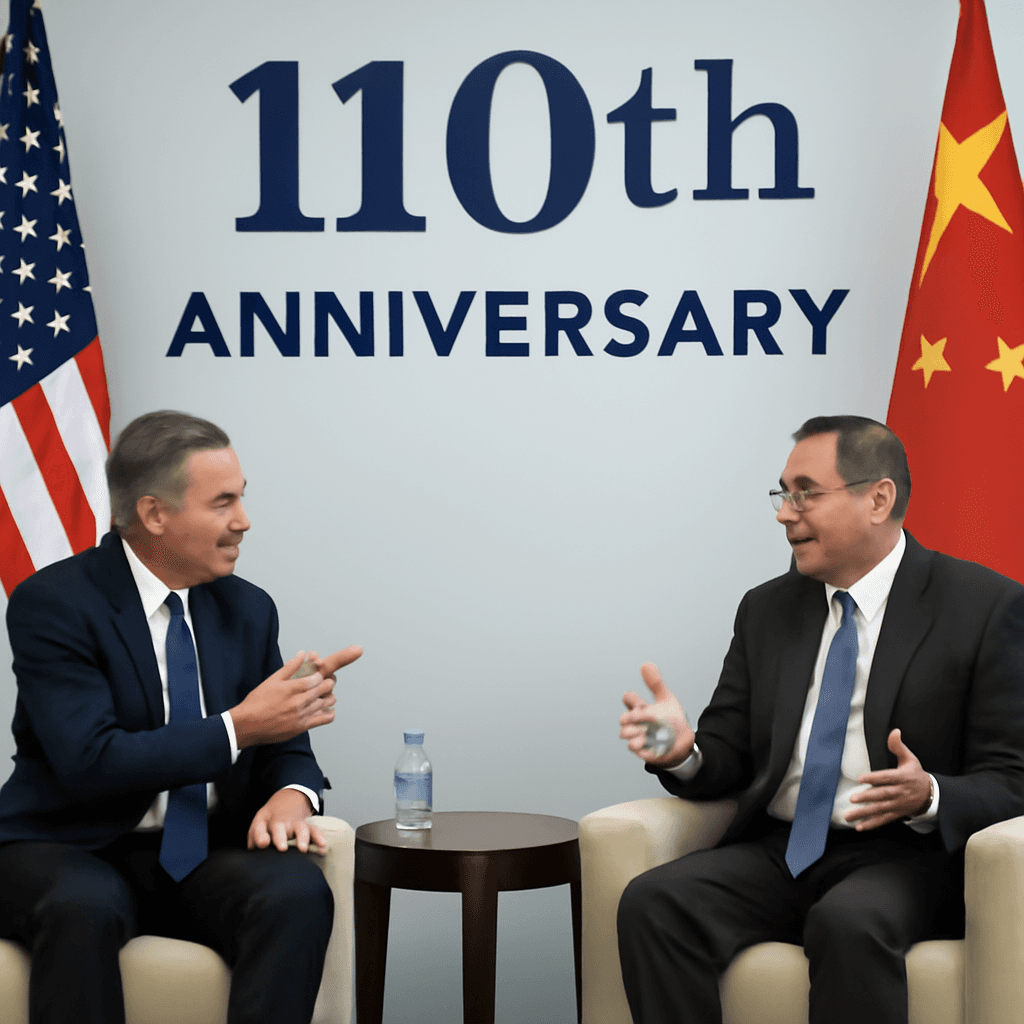Global Airline Leaders Convene Amid Trade and Environmental Uncertainties
Executives from leading global airlines are gathering at an annual summit in India to tackle pressing challenges posed by escalating trade tensions and ambitious environmental goals. This summit comes at a critical junction, as the aviation industry experiences its strongest post-pandemic travel surge, yet navigates rising operational costs and geopolitical volatility.
Industry Overview: Rising Costs and Operational Challenges
Passenger numbers have rebounded dramatically, reaching unprecedented levels worldwide. Despite this growth, airlines face significant headwinds including:
- Rising expenses related to fuel, maintenance, and labor
- Delays in aircraft deliveries due to supply chain bottlenecks
- Slower growth or decline in average ticket prices, affecting revenue
Adding to the strain, the evolving US-China trade war has introduced tariffs affecting aerospace components, disrupting a decades-long tariff-free environment, and further complicating cost management and supply chain stability.
Regional Demand Disparities and Flight Path Complications
While demand in European and Asian markets remains robust, the United States has seen a recent downturn in travel volumes, causing uncertainty in forecasting passenger trends and operational expenses. Moreover, geopolitical tensions, such as India's strained relationship with neighboring Pakistan, have forced airlines to adopt longer, costlier flight routes avoiding certain airspaces, adversely impacting profitability.
In addition to geopolitical risks, safety remains an ongoing concern following a series of accidents in various regions. The summit will also emphasize improving air traffic control systems and international coordination to enhance aviation safety worldwide.
Environmental Goals Under Scrutiny
The aviation sector has committed to achieving net-zero carbon emissions by 2050, primarily through the adoption of Sustainable Aviation Fuel (SAF) and technological innovations. However, industry leaders express skepticism about meeting these targets, citing:
- High costs and limited production capacity of SAF compared to traditional jet fuel
- Insufficient regulatory frameworks to stimulate SAF development
- Delays in deploying more fuel-efficient aircraft models
The scarcity of SAF and the economic challenges in transitioning to greener technologies underscore the difficulties airlines face in fulfilling environmental commitments without significant government support and clearer policies.
Industry Expectations and Summit Focus
The International Air Transport Association (IATA), representing over 80% of global air traffic, is spearheading discussions on these critical topics during the three-day event hosted by India’s largest carrier. A key focus will be on balancing strong travel demand with the operational and environmental pressures.
Industry stakeholders anticipate robust debate on trade policy impacts, sustainability funding, and strategies for improving safety and efficiency. The summit will offer a platform to identify collaborative solutions amid ongoing geopolitical tensions and evolving regulatory landscapes.

